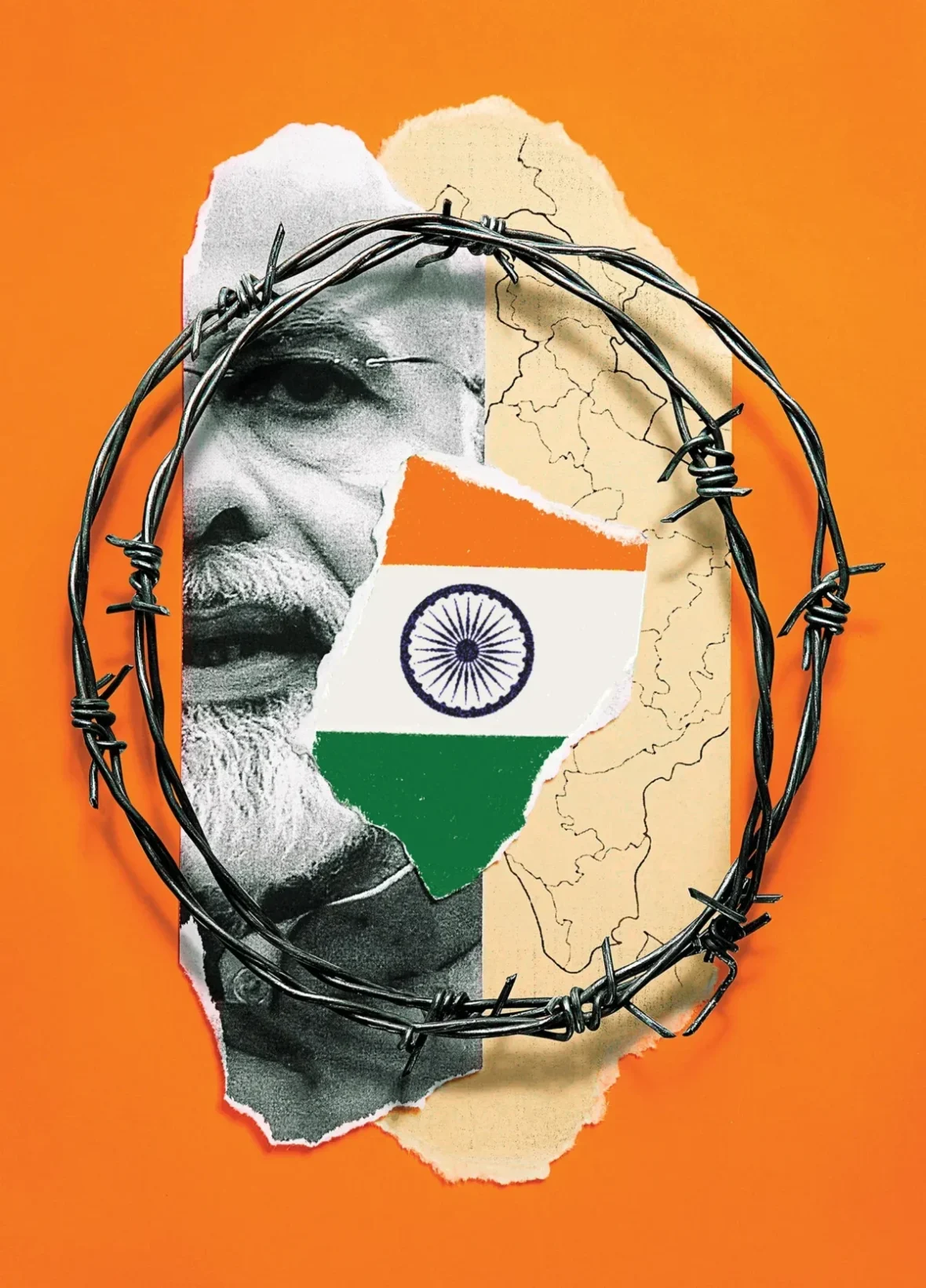A law that the Indian government has proposed should frighten online news and opinion-sharing websites, especially those that focus on the country’s central government.
This week’s new rule clearly targets Internet “intermediaries” like Facebook, Twitter, and YouTube. If they fail to remove anything that the Indian government has identified as “false news”. They risk losing their “safe harbor” security. The problem is that the government will likely choose the fact-checking organization.
The action comes in response to a recent flurry of negative articles of foreign origin. The ensuing passionate conversations about the Indian government in general and Prime Minister Narendra Modi in particular. A two-part BBC documentary on Mr. Modi’s time as Gujarat’s chief minister led the unfavorable attack. According to the research, Mr. Modi is responsible for the anti-Muslim pogroms that happened when he was in office.
Even though the documentary was removed from YouTube, university campuses in India continued to extensively distribute it. The so-called Adani affair’s effects on the world economy were another piece of news. The Indian government obviously didn’t like.
The Indian government may have intended to block access to a substantial online source of unfavorable information about the Modi administration. This is possibly because elections are scheduled for May 2024.
The Editors’ Guild of India has called for a hold on the government’s action, claiming that the new regulations would have grave negative effects on press freedom in the nation.
The Ministry of Electronics and Information Technology has granted itself the authority to establish a fact-checking unit, in accordance with the rules that it has announced.
The EGI warned that the ministry would have broad authority to decide what information related to any central government business was fake, false, or misleading and would issue orders to social media intermediaries, internet service providers, and other service providers telling them not to host such content.

BS English Literature student at Abdul Wali Khan University Mardan. He is always eager to engage with new ideas and perspectives, and his passion for literature fuels his desire to write freely and creatively about the world around him. you can reach him mubbashirh58@gmail.com

